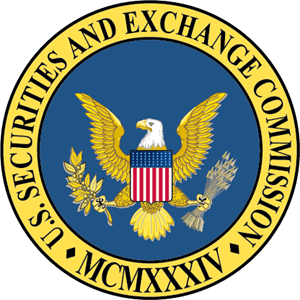On June 27, 2023, the United States Supreme Court issued an opinion in the Mallory v. Norfolk Southern Railway Co case. The case involved a Virginia resident suing his Virginia-based employer in Pennsylvania state court for injuries sustained in Ohio and Virginia. The Pennsylvania Supreme Court ruled it lacked jurisdiction, but the U.S. Supreme Court reversed this decision.
The U.S. Supreme Court's decision was based on a Pennsylvania statute stating that when a foreign corporation registers to do business in the state, it consents to the general jurisdiction of Pennsylvania courts. This means that, regardless of where the parties are located or where the cause of action arose, the corporation must accept Pennsylvania's jurisdiction to do business in the state.
Pennsylvania is the only state with such a requirement tied to corporate registration. The dissenting opinion argues that this goes against the Due Process Clause, which traditionally prevents state courts from asserting general jurisdiction over foreign corporations merely because they do business in the state. The majority opinion, however, allows states to establish such jurisdictional requirements through legislative acts.
Justice Gorsuch wrote the majority opinion, joined by Justices Thomas, Alito, Sotomayor, and Jackson. Justice Barrett wrote the dissenting opinion, joined by Justices Roberts, Kagan, and Kavanaugh.
Marius Krause, Referendar, BridgehouseLaw Charlotte






